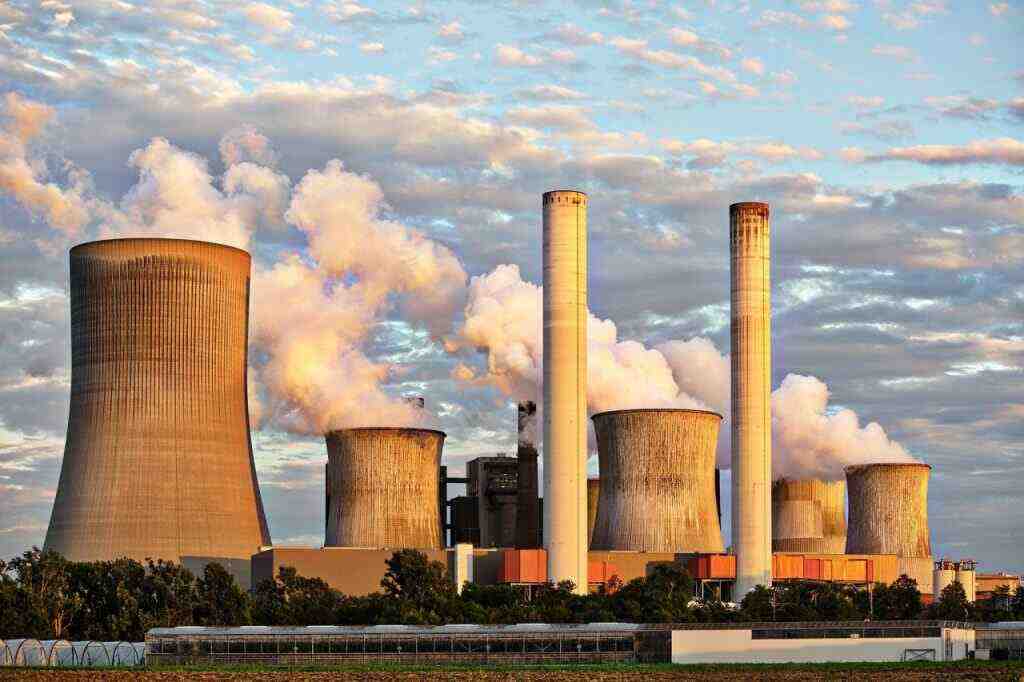Tackling South Asia’s Air Pollution Crisis: Regional Cooperation as a Pressing Need
Introduction: A Choking Crisis Demands Collaborative Action
In the heart of South Asia, the once-vibrant city of Lahore, Pakistan, now grapples with a toxic smog that hangs heavy in the air, a stark testament to the region’s worsening air pollution crisis. The burnt smell permeating the air, the result of rampant industrial emissions and vehicle exhaust, has become an unwelcome companion for the city’s residents, leading to a surge in respiratory illnesses, flight cancellations, and even the desperate deployment of artificial rain in an attempt to alleviate the crisis. Lahore’s plight is a microcosm of a larger regional problem, underscoring the urgent need for collaborative action among South Asian countries to combat this growing menace.
Airsheds and Cross-Border Pollution: The Interconnected Web of Air Pollution
Experts point to the concept of airsheds, specific geographical areas where air pollution becomes trapped due to weather patterns and topography, as a key factor contributing to the cross-border nature of air pollution in South Asia. Pollutants from industrial activities, transportation, and other human sources can travel vast distances within these airsheds, affecting neighboring countries. This phenomenon is particularly evident in South Asia, where six major airsheds are home to some of the world’s most polluted cities. Studies have shown that up to 30% of the pollution in New Delhi, India, can originate from Pakistan’s Punjab province under certain wind conditions. This intricate web of interconnected pollution sources demands a collaborative approach to address the crisis effectively.
Challenges of Regional Cooperation: Political Tensions Hinder Progress
Addressing air pollution in South Asia faces significant challenges, primarily due to strained political relations between countries in the region. India and Pakistan, in particular, have a history of animosity and mistrust, fueled by border disputes and nuclear weapons development. Travel restrictions and bureaucratic hurdles hinder cross-border movement, limiting opportunities for dialogue and cooperation on environmental issues. Despite these challenges, experts emphasize the importance of greater regional cooperation to tackle air pollution. Technical and scientific communities recognize that air pollution knows no borders and requires collective action. However, the complexities of political relations pose a significant obstacle to achieving meaningful collaboration.
Opportunities for Dialogue and Collaboration: Fostering Common Ground
Despite the political challenges, there are avenues for candid discussions about air pollution at regional and international forums. These platforms can provide opportunities for countries to share experiences, exchange data, and develop common strategies to address the crisis. Additionally, treating air pollution as a year-round issue, rather than a seasonal problem, is crucial for effective management. Experts also highlight the importance of regional airshed management policies, where countries can agree on common air quality targets, implement standardized measures, and regularly share experiences to work towards cleaner air. However, such initiatives require political will and sustained commitment from governments across the region.
Public Awareness and Government Action: A Call for Urgent Action
While air pollution is a pressing issue in South Asia, it often takes a backseat to other concerns during elections. In India, for example, air pollution is not a core voting issue, though the experience of climate change could influence voter behavior. Regional elections, however, sometimes see promises related to air pollution, indicating a growing awareness of the issue among the public. Governments in the region have taken some steps to address air pollution, such as implementing stricter emission standards for vehicles and promoting renewable energy sources. However, these efforts often fall short due to a lack of coordination and comprehensive regional policies.
The Role of Healthcare Professionals: On the Frontlines of the Crisis
Healthcare professionals, particularly pulmonologists, have witnessed firsthand the devastating health impacts of air pollution. They have observed a surge in respiratory illnesses during the winter months, directly linked to the worsening air quality. Collaboration among healthcare professionals across borders, such as within the Evercare Group, provides a platform for sharing knowledge and advocating for systemic changes to improve air quality. These professionals play a crucial role in raising awareness about the health risks associated with air pollution and advocating for policy changes that prioritize public health.
Lessons from the European Union: A Model for Regional Cooperation
The European Union offers a successful model of collaboration in addressing pollution challenges. By formalizing new policies, sharing data, and implementing best practices, the EU has made significant progress in improving air quality. South Asian countries could emulate this model to establish a regional framework for airshed management. The EU’s success demonstrates the effectiveness of regional cooperation in tackling environmental issues and provides a roadmap for South Asian countries to follow.
Progress in Punjab, Pakistan: A Glimmer of Hope
Despite the challenges, there are signs of progress in Punjab, Pakistan. Local authorities have implemented measures to control emissions from industry and brick kilns, introduced subsidies for farmers to end crop stubble burning, and promoted electric vehicles. While these efforts are commendable, significant improvements in air quality will take time and sustained commitment. Punjab’s progress serves as an example of the potential for positive change when governments prioritize air pollution reduction.
Conclusion: A Collective Imperative for a Cleaner Future
The air pollution crisis in South Asia demands urgent regional cooperation to address the interconnected nature of the problem. Political challenges should not hinder collective action to improve air quality and protect public health. By fostering dialogue, sharing knowledge, and implementing coordinated policies, countries in the region can work together to create a cleaner and healthier environment for their citizens. The time for action is now, before the toxic smog of air pollution chokes the region’s future.
